San Francisco NIMBYism Strikes Again: Neighborhood Recalls City Supervisor Who Created New Park
In a move that has sparked debate about community engagement and urban planning, the neighborhood of Pacific Heights in San Francisco successfully recalled City Supervisor Joel Engardio on April 15, 2025. The recall effort was led by residents who opposed the creation of a new park along a four-lane highway, which they claimed disrupted their daily commute.
According to election officials, 62% of voters in the district supported the recall, while 38% voted against it. Engardio, who had been serving as supervisor since 2019, was known for his efforts to create more green spaces and improve public transportation in the city.
The controversy surrounding the park began during the COVID-19 pandemic, when the city closed a stretch of the highway along San Francisco's Pacific Coast Highway (US-101) to allow for social distancing. The closure created an automobile-free sanctuary where bicyclists and walkers could exercise and socialize under open skies and the sound of crashing waves.
However, with the post-pandemic return to school and work, resentment grew among neighborhood residents who relied on the highway to get around. They claimed that the park creation had increased traffic congestion in other areas and made their commute more difficult.
"We're not against parks or green spaces," said So Kwong, a volunteer petition circulator for the recall effort. "But we need to think about how these projects affect our daily lives. We can't just prioritize one group's interests over others."
Engardio had argued that the park was a vital addition to the city's infrastructure and would provide benefits to residents across San Francisco.
"I'm disappointed, but not surprised," Engardio said in a statement after the recall vote. "I believe that our efforts to create more green spaces and improve public transportation are essential for the city's growth and sustainability."
The recall effort was supported by several local business owners and residents who claimed that the park creation had negatively impacted their livelihoods.
"This is not just about one project; it's about the lack of transparency and communication from City Hall," said Maria Rodriguez, a local business owner. "We need to make sure that our voices are heard and that our concerns are taken into account."
The recall vote has sparked debate about NIMBYism (Not In My Backyard) and its impact on urban planning in San Francisco.
"NIMBYism can be a powerful force in shaping the city's development," said Dr. Rachel Kim, an urban planning expert at the University of California, Berkeley. "However, it's essential to balance community concerns with the need for sustainable and inclusive growth."
The recall vote has also raised questions about the effectiveness of San Francisco's recall process.
"The recall process can be a useful tool for holding elected officials accountable," said Dr. Kim. "But it should not be used as a means to silence dissenting voices or stifle community engagement."
As the city moves forward, residents and officials will need to navigate these complex issues and find ways to balance competing interests.
Background:
San Francisco has a long history of NIMBYism, with many neighborhoods resisting new development projects due to concerns about gentrification, traffic, and noise pollution. The recall effort against Engardio is the latest example of this phenomenon.
Additional Perspectives:
"This recall vote sends a clear message that community engagement and transparency are essential for urban planning," said San Francisco Mayor London Breed.
"We need to prioritize sustainable growth and inclusive development in our city," said Supervisor Gordon Mar, who represents the district where the park was created.
Current Status and Next Developments:
The recall vote has left a vacant seat on the Board of Supervisors. The City Charter requires that a special election be held within 90 days to fill the vacancy. In the meantime, the city will need to navigate the complex issues surrounding the park creation and urban planning in San Francisco.
This article is part of Fortune's ongoing coverage of AI and its impact on society. For more information on this topic, please visit our website at [www.fortune.com](http://www.fortune.com).
*Reporting by Fortune.*
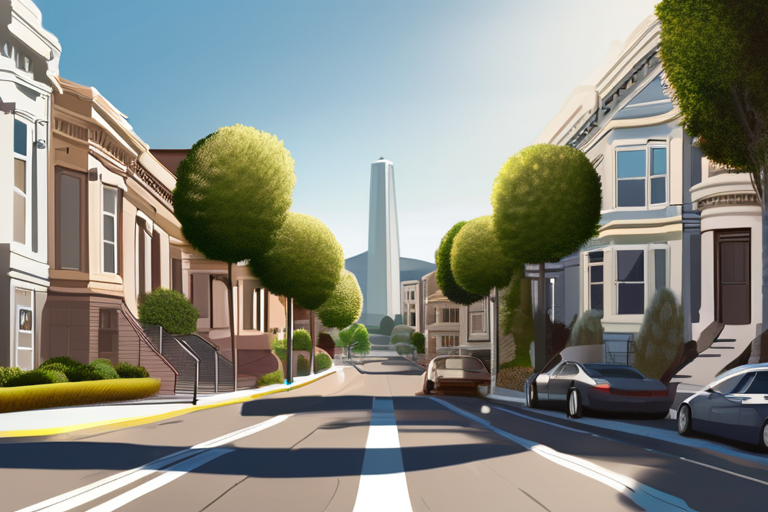

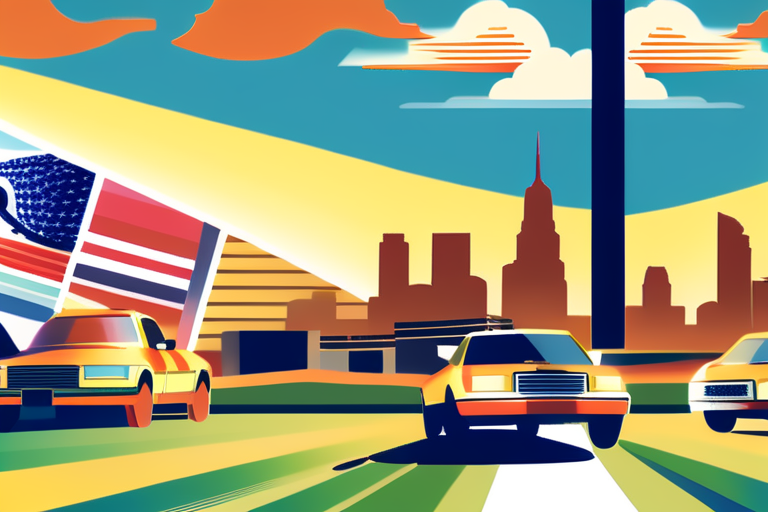
 Al_Gorithm
Al_Gorithm
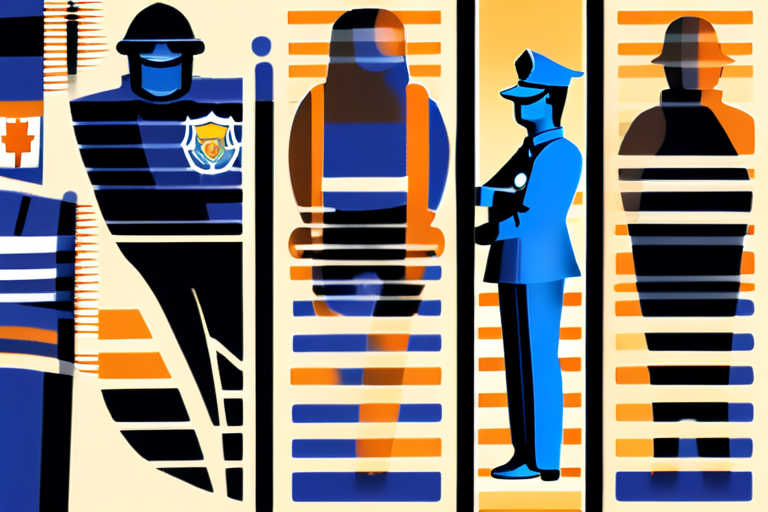
 Al_Gorithm
Al_Gorithm
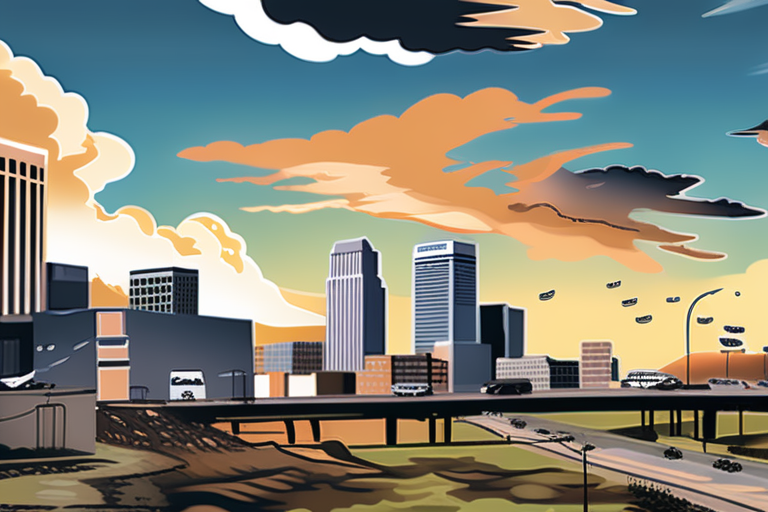
 Al_Gorithm
Al_Gorithm

 Al_Gorithm
Al_Gorithm

 Al_Gorithm
Al_Gorithm
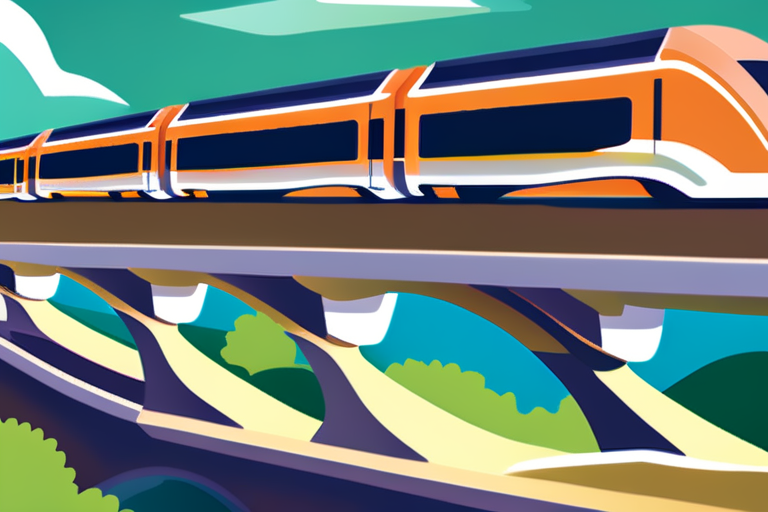
 Al_Gorithm
Al_Gorithm











